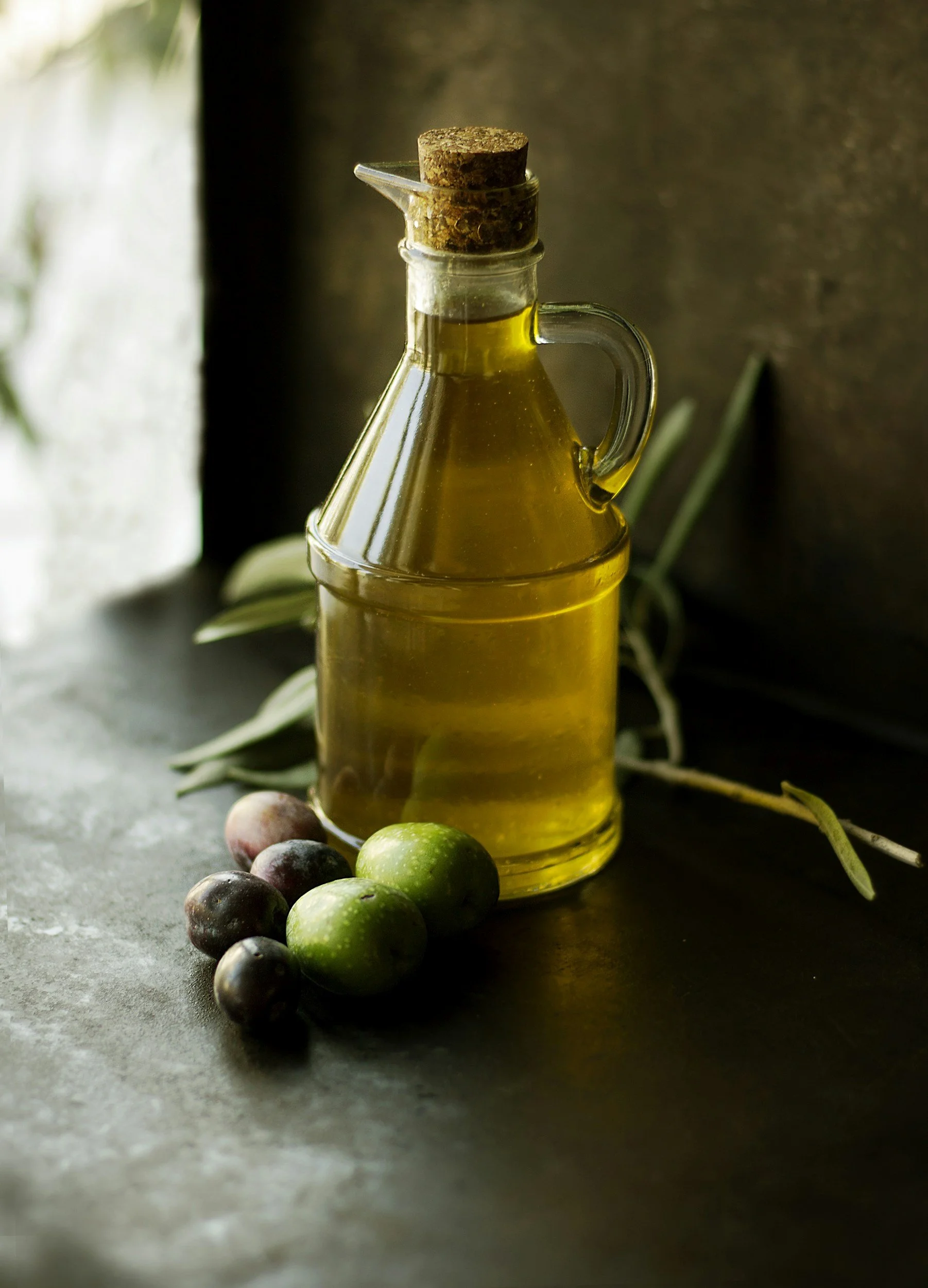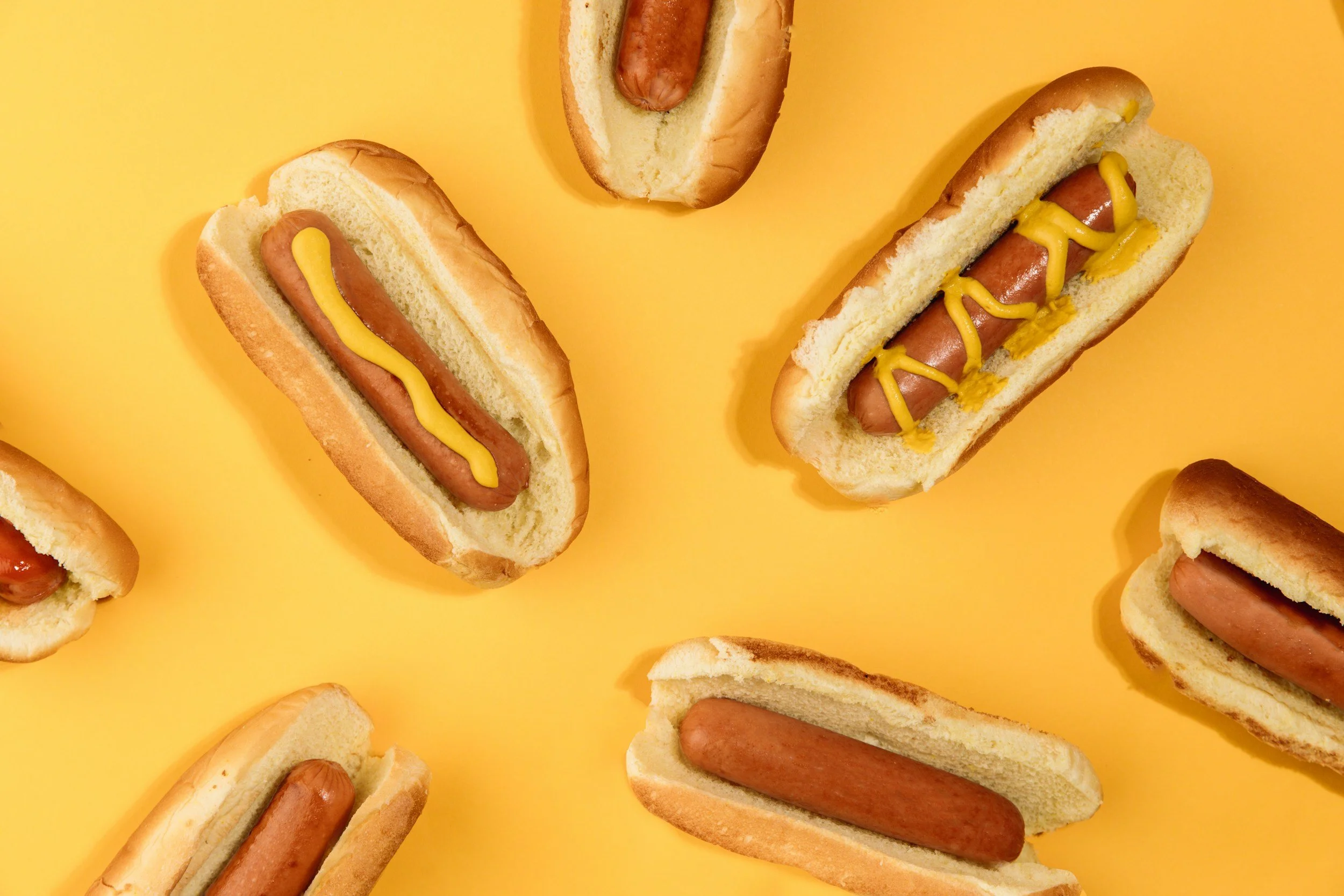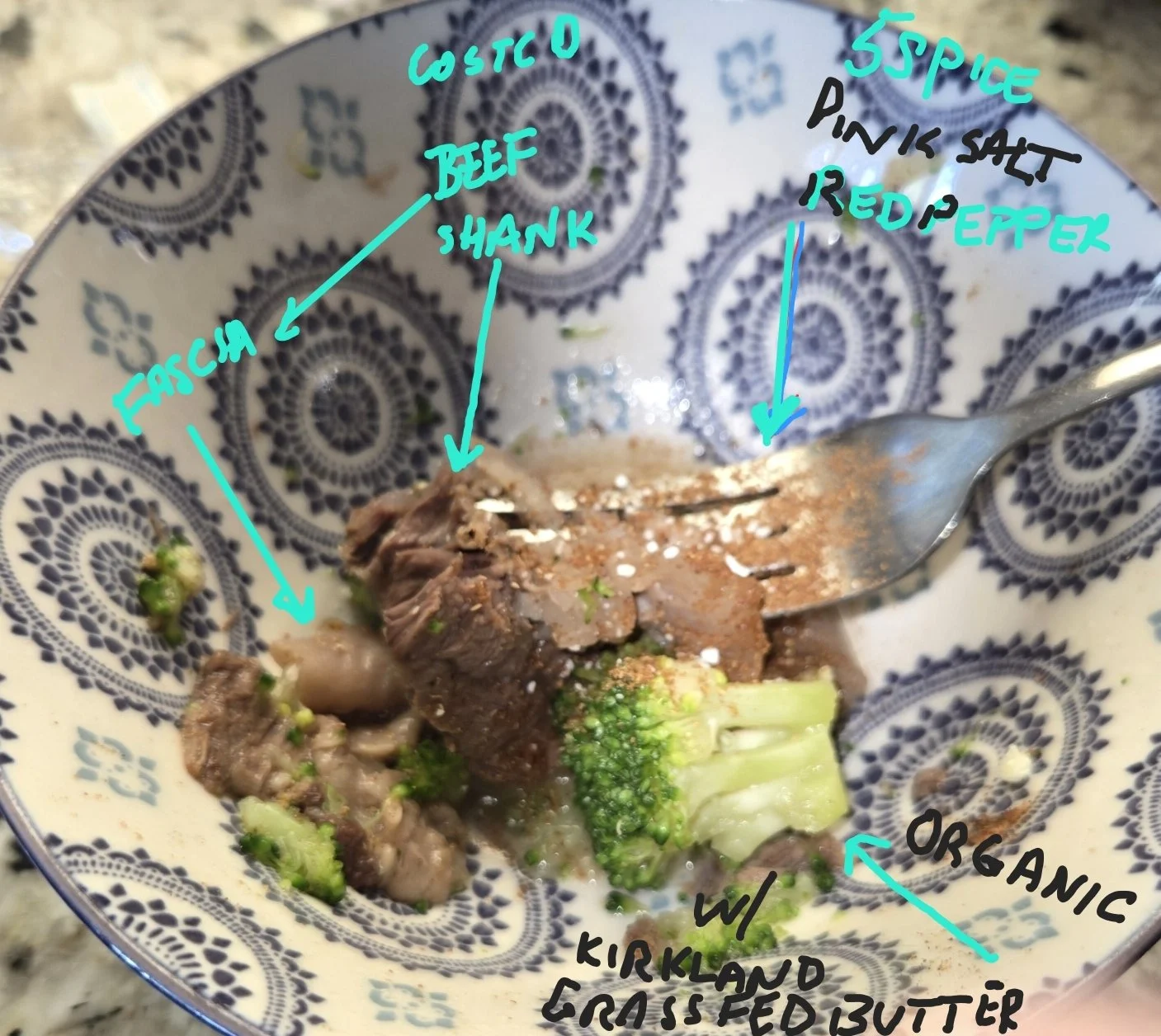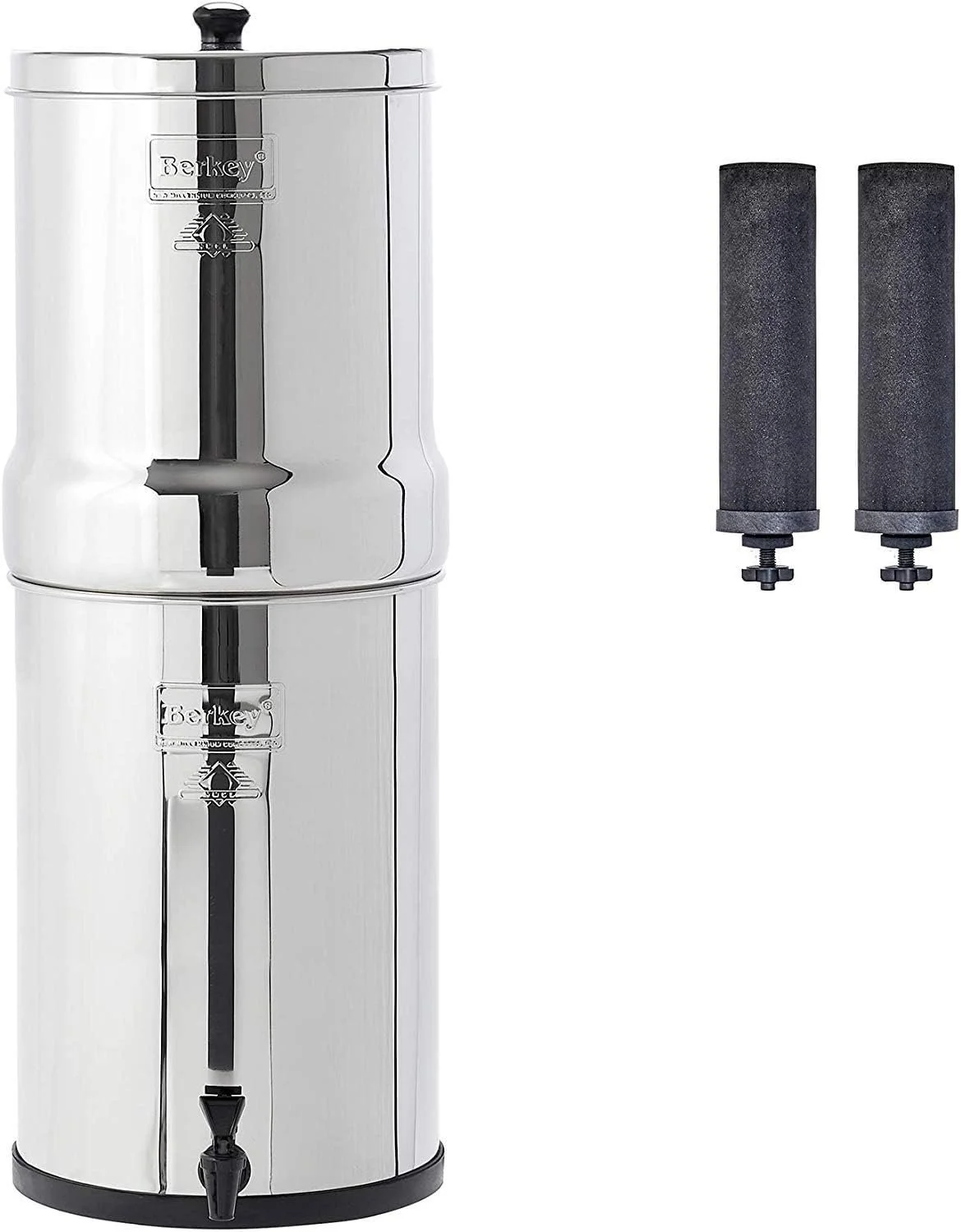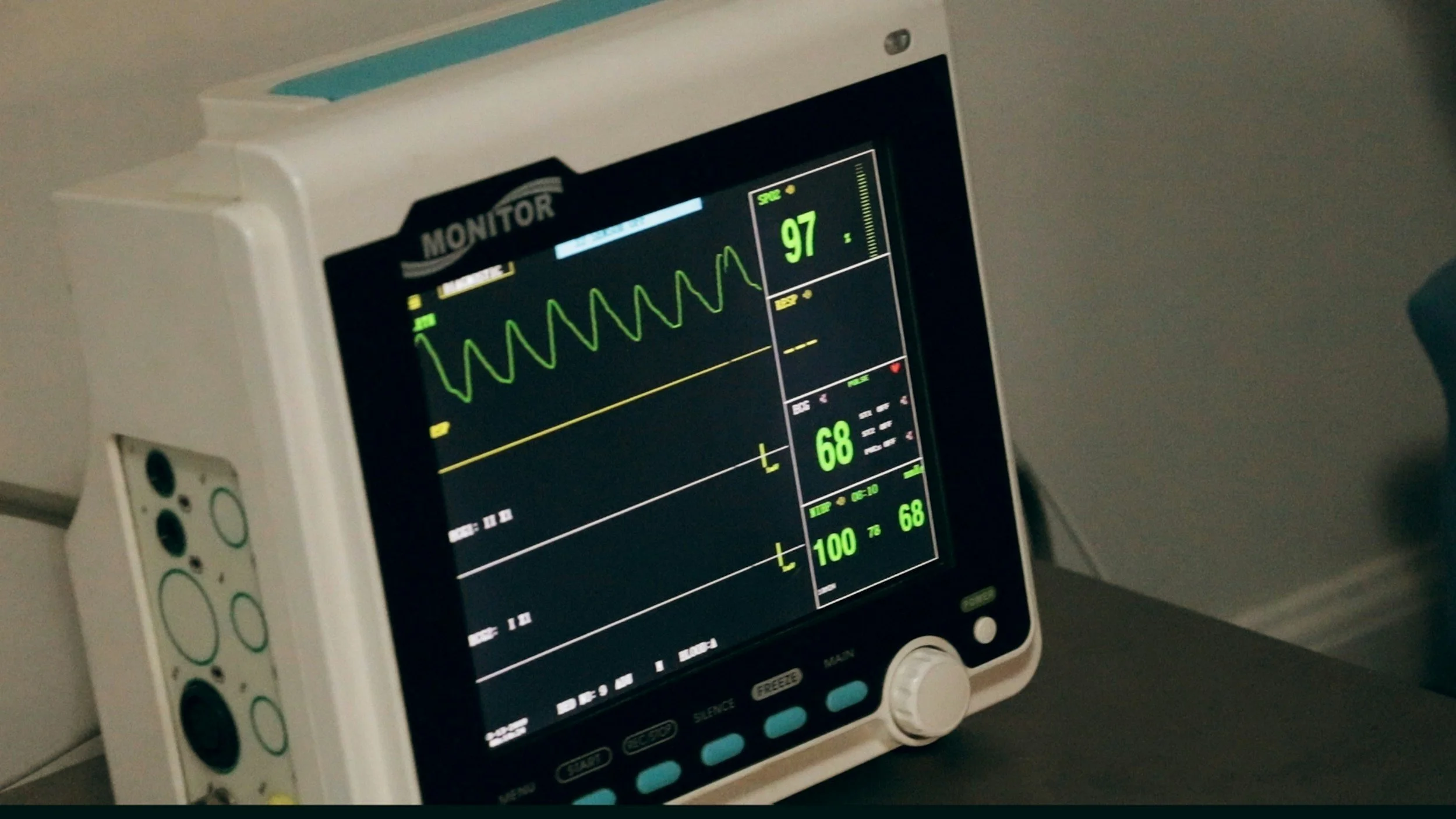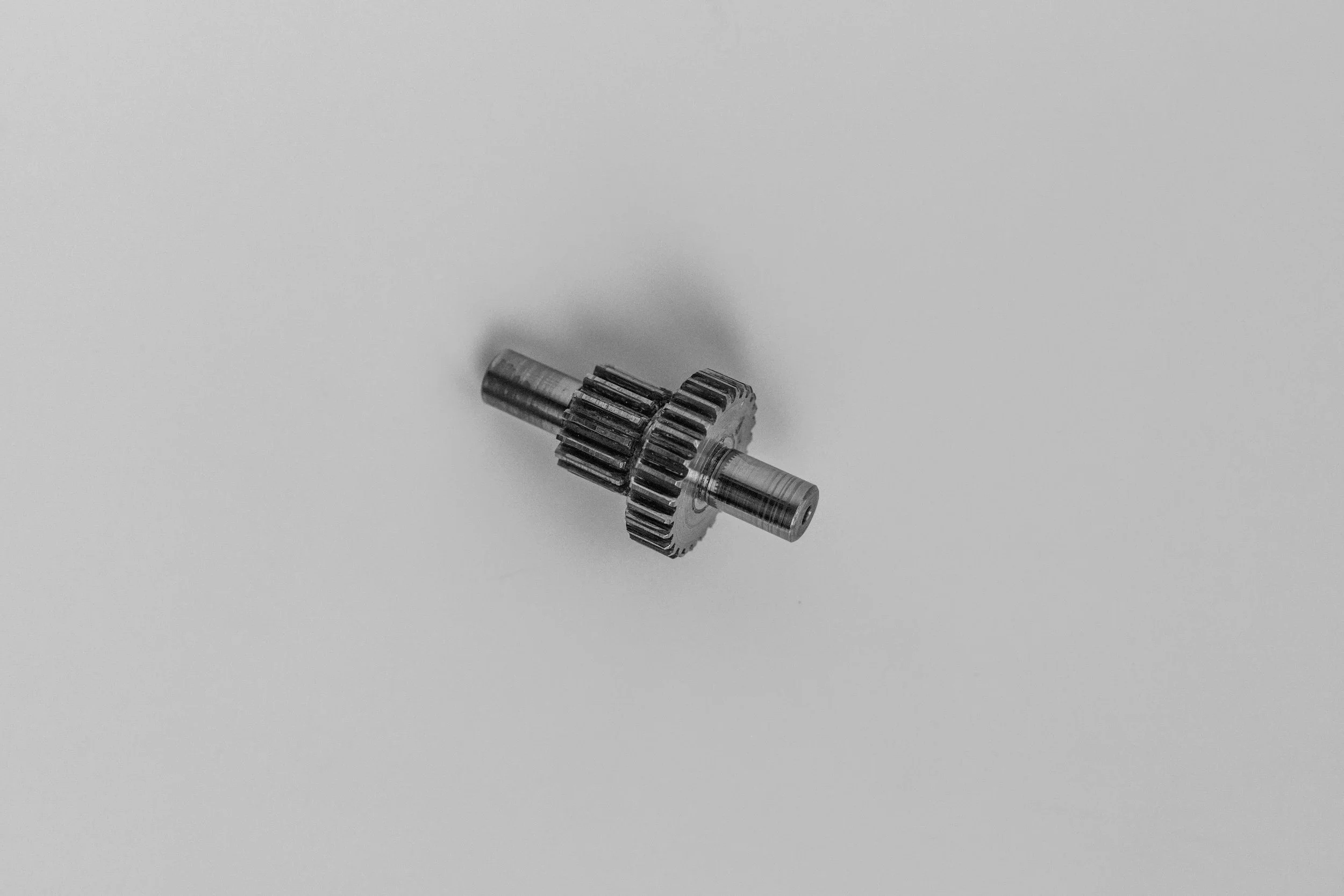Beat the Burn: Why Betaine HCl May Help Relieve Acid Reflux Naturally
/Millions of people suffer from acid reflux, often described as a burning sensation in the chest, sour taste in the mouth, or bloating after meals. While over-the-counter antacids and proton pump inhibitors (PPIs) are commonly used, they may not address the root cause—and in some cases, they might even make things worse over time.
One natural compound that’s gaining attention for supporting healthy digestion is Betaine HCl. But what exactly is it, and how can it help with acid reflux?
What Is Betaine HCl?
Betaine HCl (hydrochloride) is a compound that mimics the natural hydrochloric acid (HCl) found in the stomach. The Bet in Betaine is there because its from Beets. It’s different from betaine anhydrous (used for homocysteine regulation), and is specifically formulated to support stomach acid levels and digestive enzyme activity.
Acid Reflux: Too Much Acid or Not Enough?
Surprisingly, low stomach acid—not high—is often the real issue behind acid reflux, especially in those over 40 or under chronic stress.
When stomach acid is too low:
Food sits in the stomach longer
It ferments and produces gas
Pressure builds up, pushing acid up into the esophagus
This creates reflux symptoms, even though the stomach acid itself is insufficient to break down food properly.
Another Overlooked Cause: Hiatal Hernia
A hiatal hernia occurs when part of the stomach pushes up through the diaphragm into the chest cavity. This anatomical shift can weaken or displace the lower esophageal sphincter (LES)—the valve that normally keeps stomach contents from flowing backward.
When the LES is compromised:
Even normal stomach acid levels can trigger reflux
Symptoms may worsen after meals, bending over, or lying down
Betaine HCl may still help digestion, but mechanical pressure must also be addressed
Feel free to ask Dr. Paul about how to address this with his technique
Natural approaches such as diaphragmatic breathing, chiropractic or osteopathic adjustments, and postural awareness may support better alignment and reduce pressure on the LES in mild cases. However, a confirmed hiatal hernia may require medical evaluation.
Junk Food: A Recipe for Reflux
If you're eating a lot of ultra-processed, fried, or sugary foods, you're adding fuel to the reflux fire. Here's why junk food makes it worse:
High in unhealthy fats: Fried and greasy foods delay stomach emptying and relax the LES.
Low in nutrients: Processed foods lack the raw materials needed for healthy stomach acid production, including zinc, B vitamins, and amino acids.
Creates digestive imbalance: Additives and preservatives inflame the gut and confuse enzyme signals.
Feeds microbial overgrowth: Sugar-heavy diets promote fermentation and gas, increasing internal pressure.
Who Might Benefit?
You may consider Betaine HCl if you experience:
Bloating or gas after meals
Fullness even after small meals
Reflux without improvement from antacids
Chronic burping or bad breath
Nutrient deficiencies (e.g., B12, iron)
Note: Betaine HCl is generally best used under the guidance of a healthcare professional, especially if you're taking anti-inflammatory medications or have a history of ulcers or hernias.




